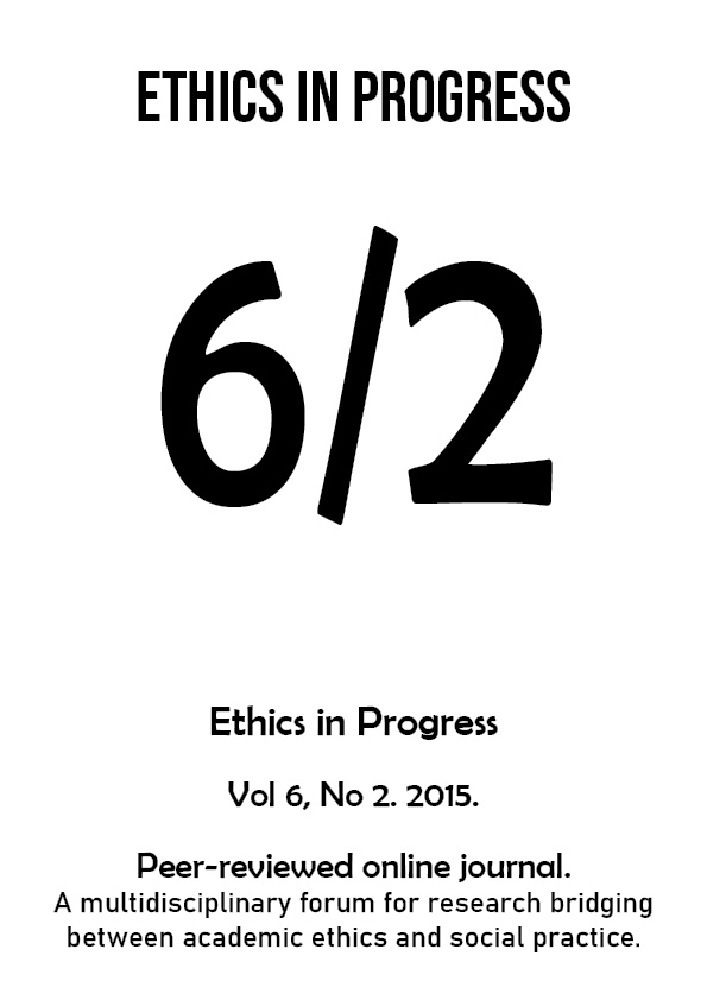Abstract
The study completes the compilation of the questionnaire on Chinese undergraduates’ moral values from six moral values dimensions: honesty and compliance, civility and self-discipline, love, unity and be helpful, esteem and filial respect. The questionnaire has 31 questions in all, taking advantage of Likert scale. Using this scale, its alpha reliability reach 0.887 with clear internal structure. The validity is well and the model fitting index accords with statistical measurement, which covers the shortage of empirical study on Chinese undergraduate students’ moral values. The measurement, which focused undergraduate moral values, is compiled by a total of 768 valid samples from 6 colleges. Measurement results show that there are sequences of orientation on Chinese undergraduates’ moral values approval, and the order is: Honesty and compliance, civility and discipline, filial respect unity and be helpful, love and esteem; while gender differences do exist. The male undergraduates’ identity level of honesty and compliance, civility and self-discipline, love, and filial respect ranks higher than that of female undergraduates; however, the differences, between male and female undergraduates, on unity and being helpful, as well as esteem are not significant.References
Alasdair, M. 1984. After Virtue. Notre Dame: Notre Dame University Press.
Aquino, K. F. & Reed, A. 2002. "The Self-Importance of Moral Identity". Journal of Personality and Social Psychology 19: 1423-1440.
Atkins, R. & Hart, D. 2003. "Neighborhoods, Adults, and the Development of Civic Identity in Urban Youth". Applied Developmental Science 7: 156-165.
Bosma, H. A. & Kunnen, E. S. 2001. Identity and Emotion: Development Through Self-organization. Cambridge, England: Cambridge University Press.
Carlo, G. & Edwards, C. P. 2005. Nebraska Symposium on Motivation: Moral Development Through the Lifespan: Theory, Research and Application. Vol. 51. Lincoln, NE: University of Nebraska Press.
Dewey, J. 1969. Moral Principles in Education. Boston, New York: Houghton Mifflin Company.
Gibbs, J. C. 2003. Moral Development & Reality: Beyond the Theories of Kohlberg and Hoffman. Thousand Oaks, CA: Sage.
Haidt, J. 2001. "The Emotional Dog and Its Rational Tail: A Social Intuitionist Approach to Moral Judgment". Psychological Review 108(4): 814-834.
Nunner-Winkler, G. 1998. "The Development of Moral Understanding and Moral Motivation". International Journal of Educational Research 27: 587-603.
Walker, L. J. & Henning, K. H. 2004. "Differing Conceptions of Moral Exemplarity: Just, Brave, and Caring. Journal of Personality and Social Psychology 86: 629-647




